Description
With the directness of a farmer naming the crops in his fields, Traktung Yeshe Dorje-farmer, mystic, scholar and poet-points out that transformation and enlightenment are possible for each person. How? Why? Because, in fact, transformation and enlightenment are the soil out of which our lives have sprouted, and are thus not separate from the ground of the spiritual path itself. Original innocence, not original sin, is the intrinsic condition of the human mind, Traktung asserts. And he is not alone in this declaration. When great mystics and sages have discovered the deepest essence of reality, they too have proclaimed original innocence.While their words may have varied, and the flowering of this realization may have taken different expressions, the essence remains the same. This is good news for the weary traveler, the man or woman lost in samsara (confused perception), perhaps you and I. This confused perception is like that of a person with mental illness who thinks themselves to be Napoleon; or an anorexic who perceives themselves as fat. Such a complex of thought-feeling-behavior thus influences everything they do. And so, samsara brings suffering to one’s life. This book has grown out of a last request from the author’s Guru, Thinley Norbu Rinpoche: Please help Westerners be weary with Samsara.Essays, quotes from seminal texts, poetry and teaching stories weave throughout these pages, creating a rich meal that any serious student of life can enjoy and be nourished by. The book is a hologram of spiritual teachings-each page a blueprint, an invitation, and an immersion into the spaciousness of the author’s realization. From the highest, most advanced teachings to the core beginnings-the 4 Noble Truths of the Buddha-nothing is at odds. All work together to illuminate a vision for transforming life from suffering to wisdom bliss. In Original Innocence, his second book, Traktung Yeshe Dorje once again refuses glib fixes to perennial challenges. Instead, he calls us, his readers, to think deeply, critically, and aesthetically in order to explore our own fields-the obvious, the day-to-day, the ordinary-as the foundation for true spiritual growth and transformation.

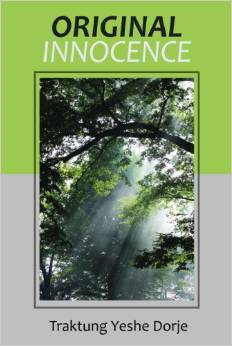
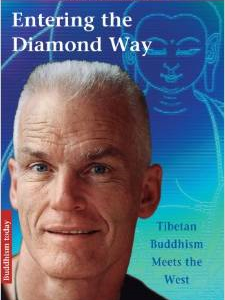
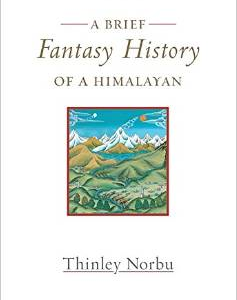
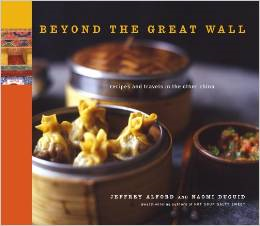
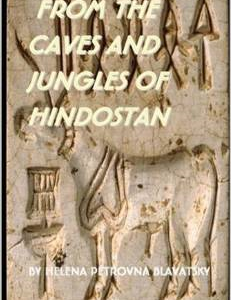
Reviews
There are no reviews yet.